“This ice cream is so disgusting!” said my two-year-old, while looking content at the same time. After a short talk to clarify things a little, it became clear that although she understood that the word “disgusting” has a strong meaning, in her mind its meaning had been turned upside down. Apparently, the word “disgusting” just feels wonderfully soft in the mouth, as ice cream does.
We adults could also benefit from redefining certain concepts from time to time. This is particularly the case with words and phrases which in principle sound understandable to everyone’s ears. Social sustainability is one such phrase. This is a concept so strongly penetrated by ideas of what is socially accepted and politically correct that few would dare not to fly the flag for it – and for a reason.
But what is it actually? Of the types of sustainability, social sustainability is the least discussed and researched. It is generally perceived as “that third one”, along with economic and ecological sustainability – perhaps not quite at the same level as these but nevertheless at the bottom corner of the triangle in which the three dimensions of sustainability – social, economic and ecological – are typically presented.
In recent debates, the perception of sustainability has veered towards an idea that all sustainability is social. For example, the four dimensions (economic, ecological, political and cultural) of the Circles of Sustainability model used by the UN are all based on the relationship between humans and nature. In recent research, the theme of social sustainability has been brought up in a myriad of contexts. For example the Karolinska Institutet, in its recently founded Center for Social Sustainability unit, is collaborating with the Finnish CoPassion project to understand and promote all kinds of co-operation between humans, for example with the help of neurological, mindfulness and stress research.
As academic researchers, we are deeply in love with clear and specific definitions. However – and it almost hurts to write this – in the exceptional case of social sustainability, diversity and defragmentation may even be considered as virtues. We are really dealing with such a complex and outsized phenomenon that it cannot be defined in just one way.
The question in the title of this blog could be answered with: “Almost anything”. Indeed, contributions towards social sustainability include a wide range of activities and research areas, such as those for the benefit of equality, shared enthusiasm, empathy, trust, nurture and care, human rights, resilience, determination, communality and loving, or even fields as wide apart as ethical investment and the food industry. Social sustainability is concerned with taking humane aspects and development into account in everything, including the economy, as Nobel-prize winner Amartya Sen reminds us.
Therefore, the concept of social sustainability could also be said to be “disgusting” due to its holistic nature and lack of boundaries. In fact, it is a lot worse than the much maligned and vague concept of “social capital”, which too, and quite tellingly so, is considered to belong to the scope of social sustainability. What also makes social sustainability “disgusting” are its relentless calls for a more humane tomorrow – “disgusting” in the same sense as my daughter meant when referring to ice cream.
How can we defend the weak today and safeguard humanity over as many generations as possible? In the end, understanding that what is good for me is also good for you is at the core of social sustainability. That the well-being of others is also ours. That as living creatures, we are completely dependent on one another, both as ragingly powerful and utterly fragile beings. You and me. All of us.
In the end, all kinds of sustainability are founded upon this insight. We may stand or fall, endure or perish.


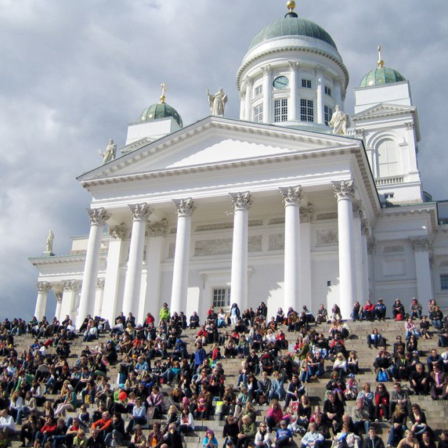
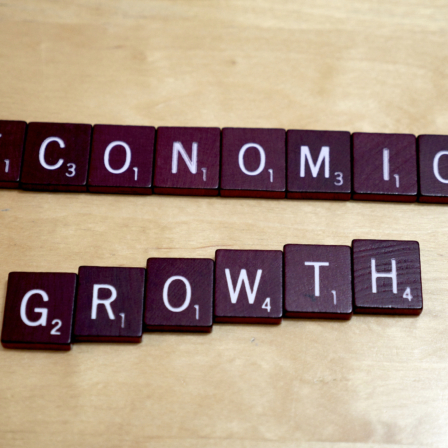
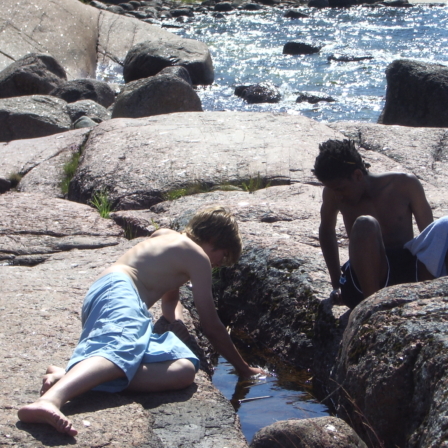


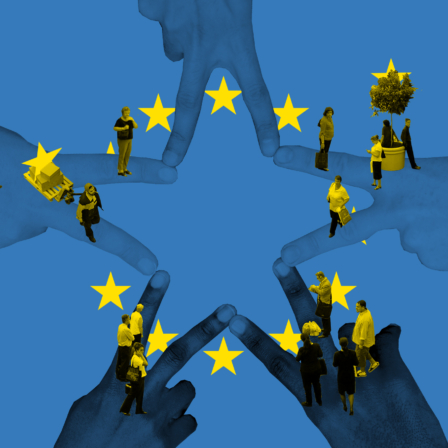



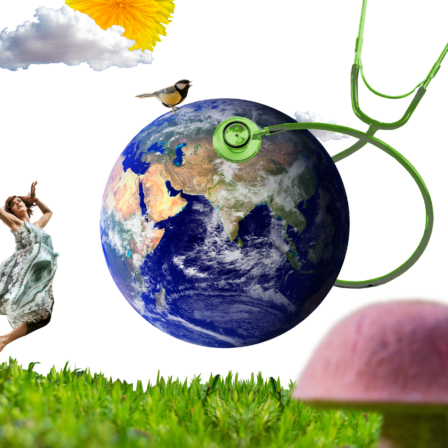
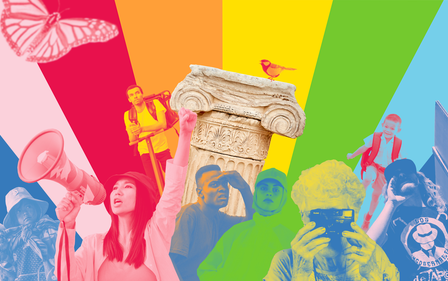
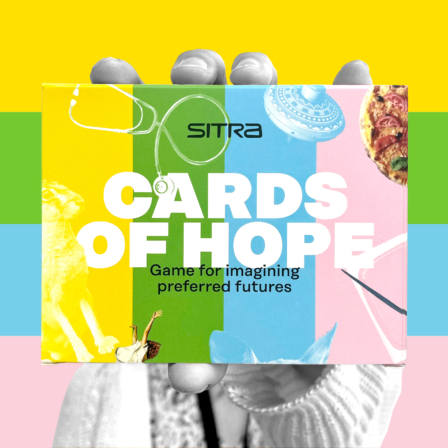
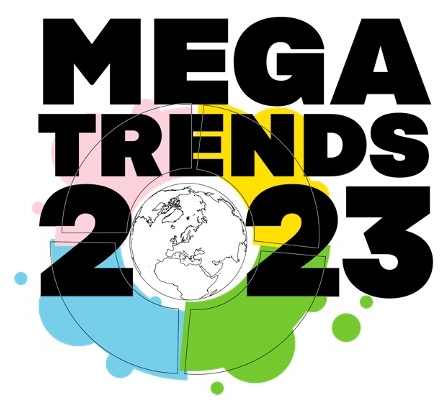
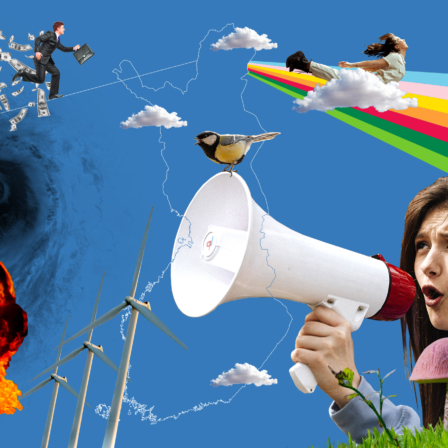
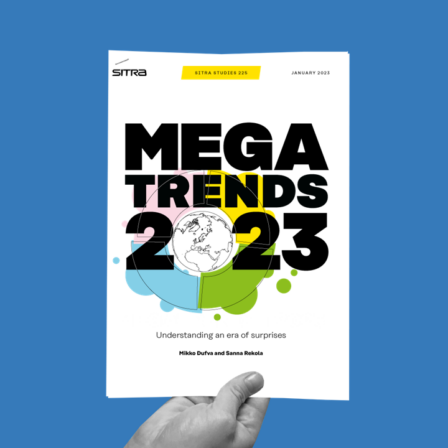

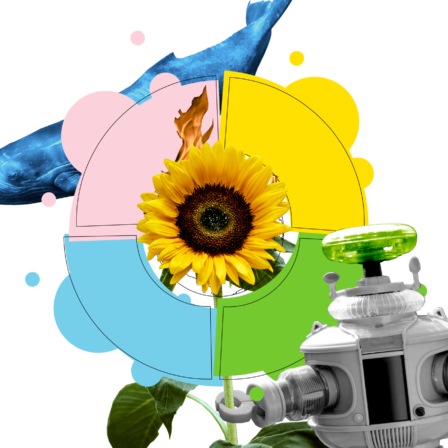
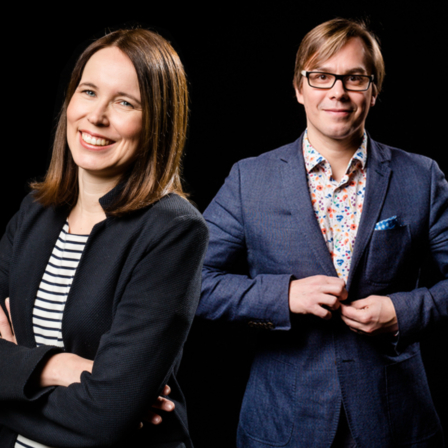
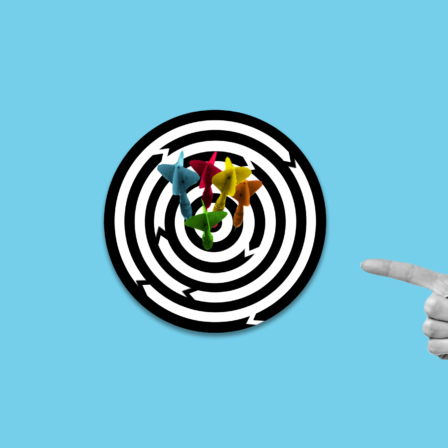

Recommended